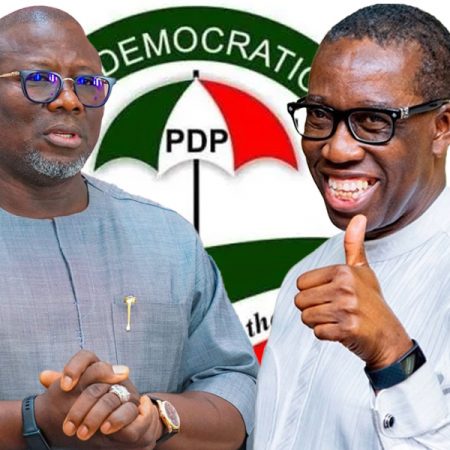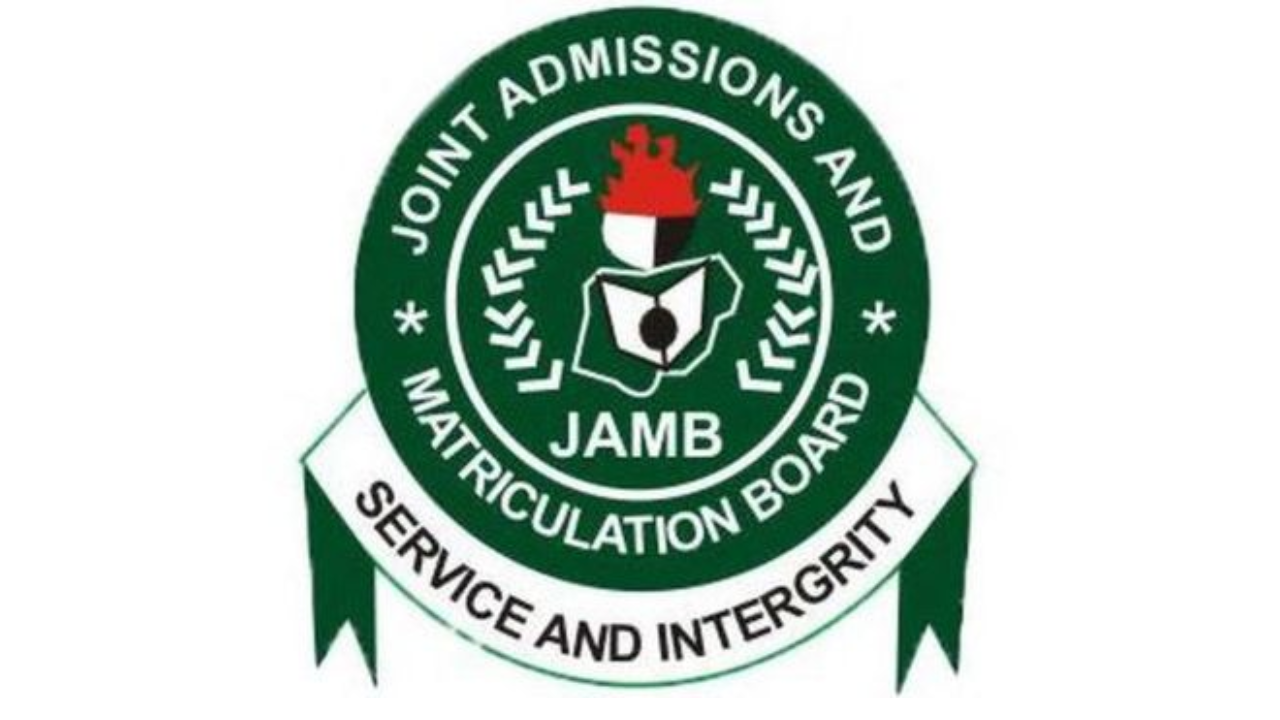In a powerful Easter message, Bishop Matthew Kukah urges President Bola Tinubu to rescue Nigerians from the “cross of hunger and pain,” while warning against rising insecurity and the failure of palliative politics.
While Christians across Nigeria gathered to celebrate the resurrection of Christ, Bishop Matthew Hassan Kukah of the Catholic Diocese of Sokoto used his Easter Sunday sermon to deliver a sobering plea to the nation’s leader. With a tone heavy with pain and urgency, Kukah begged President Bola Ahmed Tinubu to “bring us down from this cross” a symbolic cry against the suffering many Nigerians currently endure.
Speaking from the pulpit, the respected cleric did not hold back, drawing attention to the devastating effects of hunger, poverty, and violence sweeping across the country.
Kukah painted a bleak picture of the nation’s condition, acknowledging that while the removal of fuel subsidies was economically necessary, its ripple effect has left many Nigerians struggling to survive.
“We still believe removing the subsidies was the right decision,” he said. “But hunger, sickness, and desolation stalk the land.”
He pointed to the irony of Nigeria’s massive domestic reserves, suggesting that the country’s wealth has not translated into improved living conditions for its people. According to Kukah, despite the availability of resources, many citizens remain trapped in cycles of poverty and deprivation.
Kukah didn’t stop at hunger. He condemned the country’s alarming state of insecurity, calling it a “metastasized cancer” that now threatens the very fabric of Nigerian society.
“Bandits who were brought into the country as a strategy to upstage the government have now embedded themselves in our daily lives,” he warned.
The Archbishop accused the political class of enabling the same criminal elements that are now killing citizens, destroying communities, and destabilizing entire regions. He described farming once a pillar of Nigeria’s economy as one of the “most hazardous preoccupations” due to the constant threat of violence from armed groups.
Perhaps one of the most striking parts of his message was his critique of the government’s use of palliatives. Kukah called it a short-sighted and dehumanizing approach to governance.
“The palliative distribution system is not only inadequate but diminishes the dignity of our people,” he said.
He argued instead for systemic solutions that would restore dignity and stability to Nigerian life. Chief among his suggestions was the institutionalization of food security as a fundamental human right.
“Make food security a constitutional guarantee. No one should go to bed hungry in a country with this much wealth,” he urged.
In closing, Kukah’s message was not just a political critique — it was a call to conscience. His words echo the broader sentiment among millions of Nigerians who feel unheard and unseen amid the daily struggles of survival.
“Mr. President, please bring us down from this painful cross of hunger.”
As the country continues to navigate economic instability and relentless insecurity, Kukah’s sermon is a reminder that Easter is not just about resurrection it’s also about renewal. Whether or not his words stir action at the highest levels of power remains to be seen, but one thing is clear: Nigerians are desperate for relief.
What do you think about Kukah’s message? Do you agree? Share your thoughts in the comments.









No Comment! Be the first one.